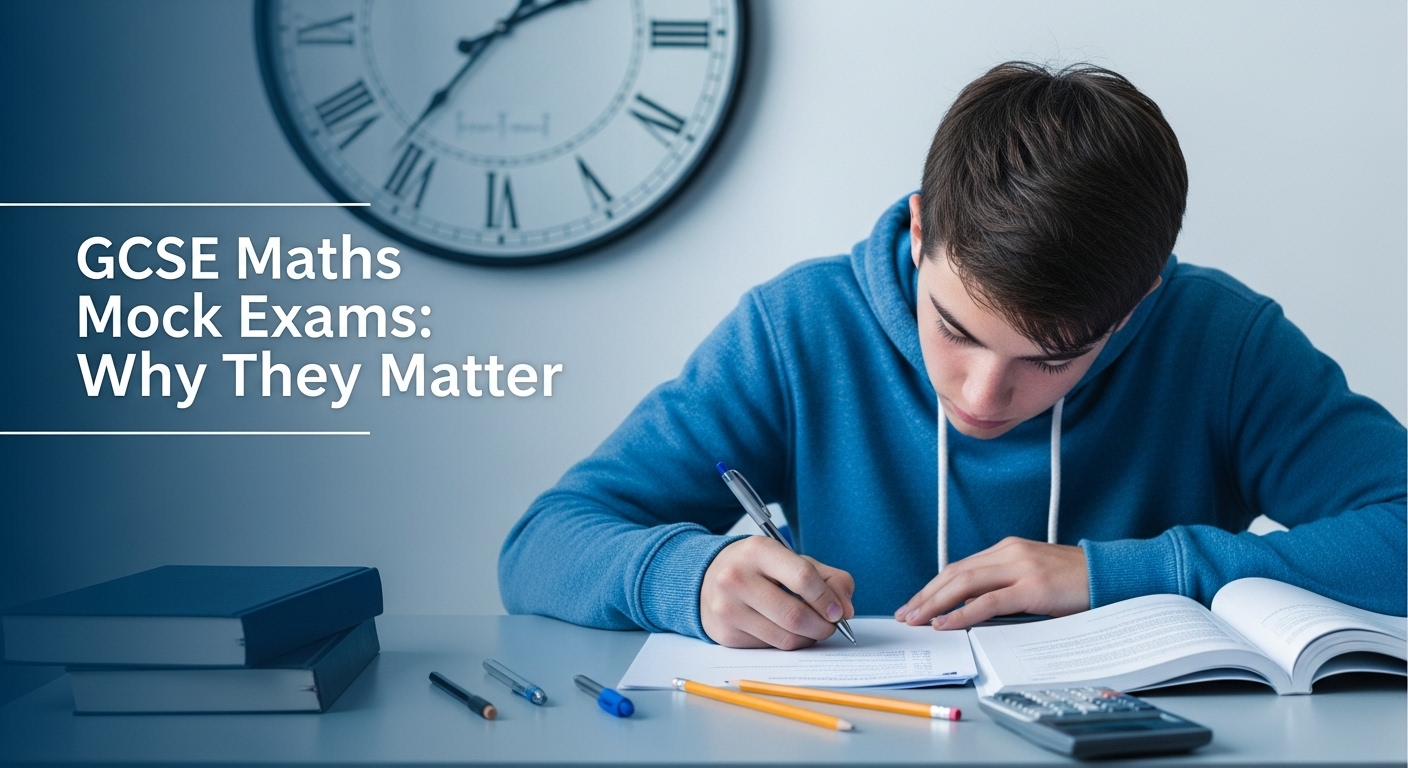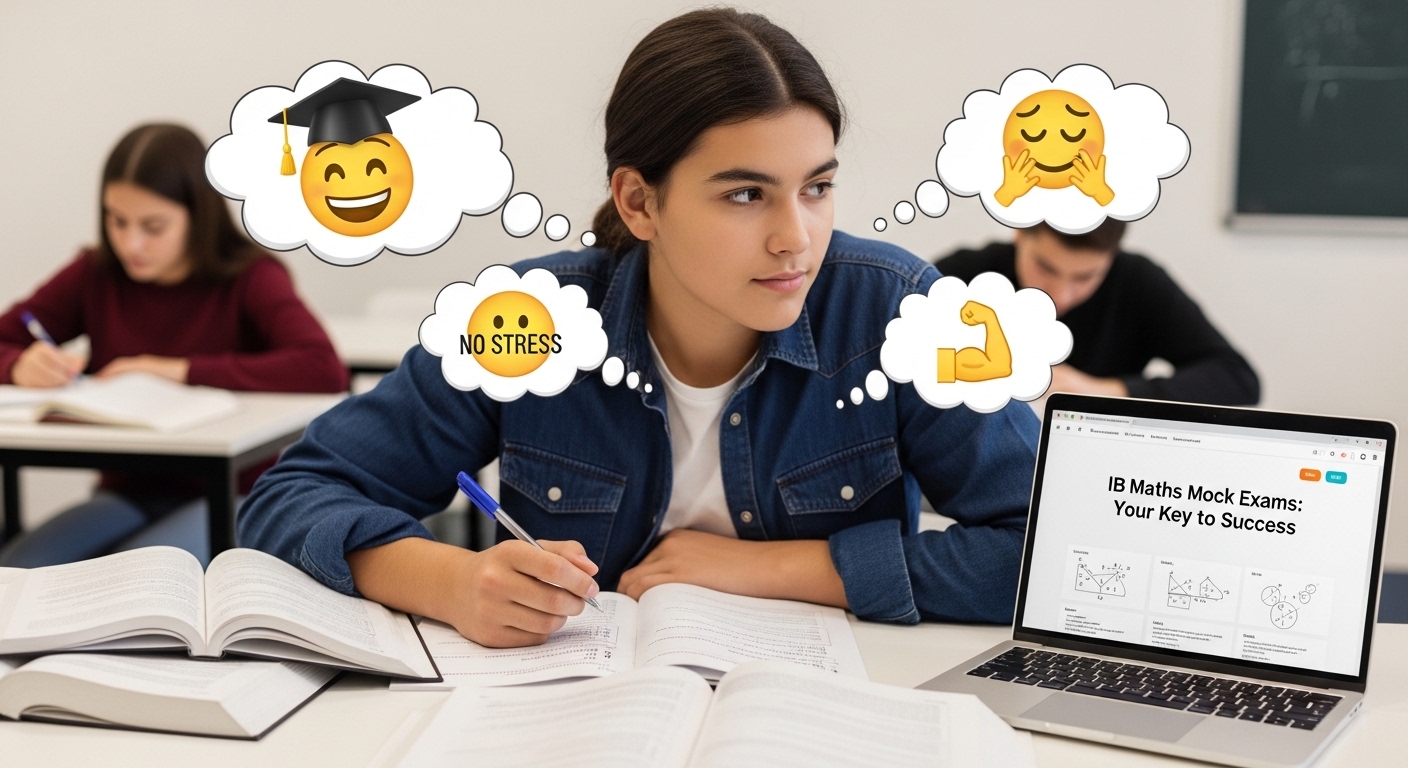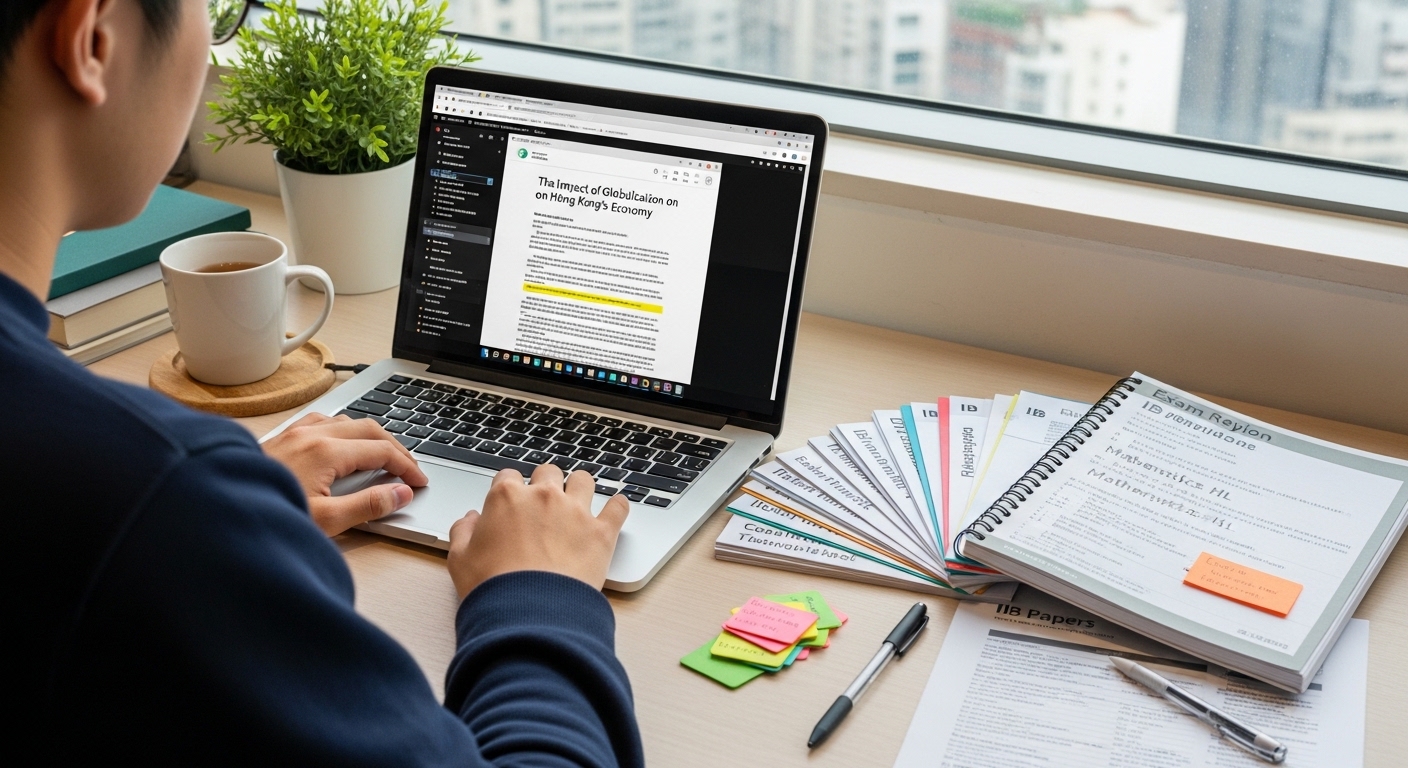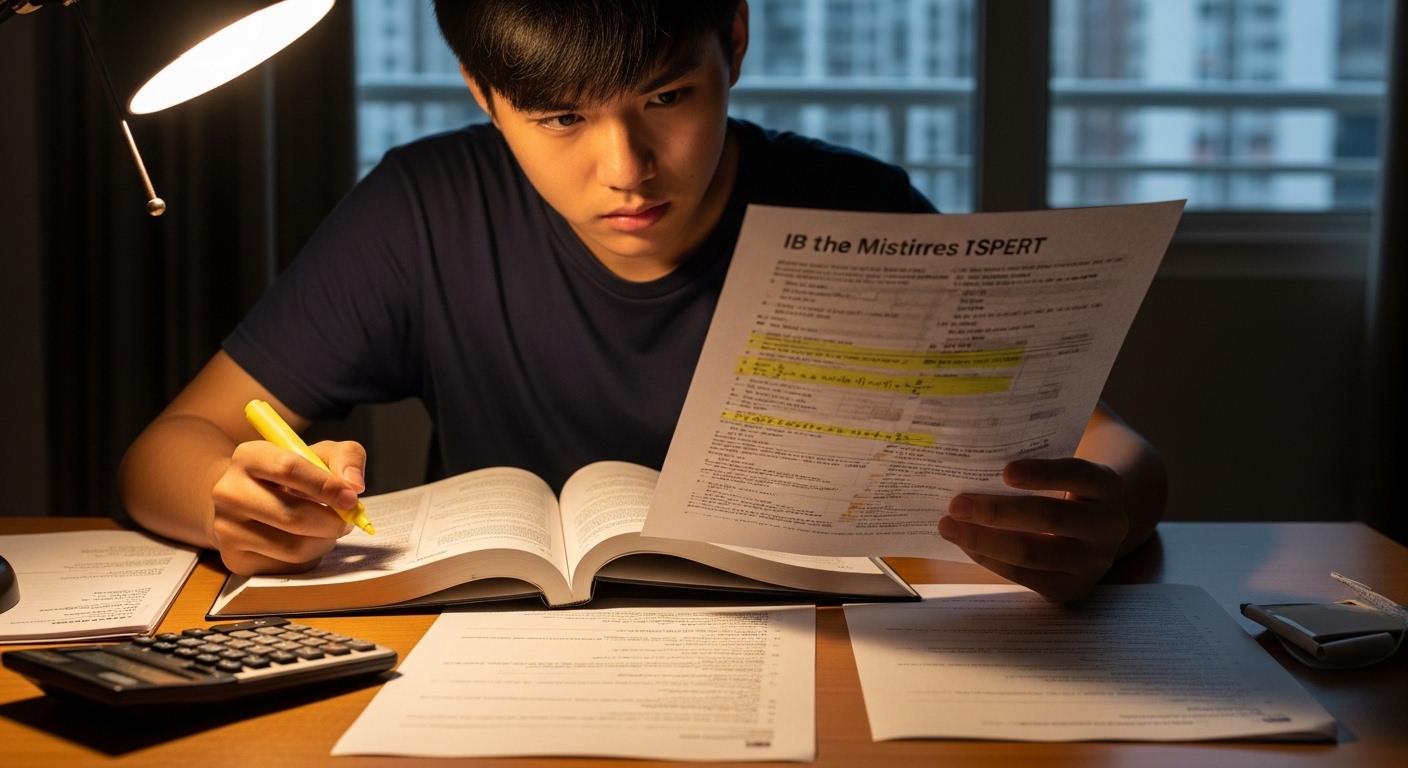Introduction
When it comes to preparing for your final exam, GCSE maths mock exams are your most powerful training tool. They’re not just practice tests—they’re a mirror that reflects your readiness, strengths, and weaknesses.
Mock exams help you understand what to expect, how to manage pressure, and what to revise before the real thing. With platforms like Mathzem, you can now access free GCSE maths mock exams and feedback resources designed to help you improve with every attempt.
Table of Contents
What Are GCSE Maths Mock Exams?
GCSE maths mocks are practice exams that replicate the conditions of your final GCSE papers. You’ll sit them under timed, exam-style settings, often using real past papers or similar question sets.
The goal? To mirror the pressure, pacing, and problem-solving required on exam day — so you’re fully prepared when it counts.
Why Schools Conduct GCSE Maths Mock Exams
Schools conduct mock exams to:
- Prepare students for the pressure of real exams.
- Identify knowledge gaps early.
- Help teachers tailor revision sessions.
- Build students’ confidence and resilience.
How GCSE Maths Mock Exams Reflect Real Exam Conditions
Mock exams replicate:
- Timing: Same duration as the actual exam.
- Format: Similar question structure and marking scheme.
- Environment: Quiet, formal setting to mimic exam halls.
This experience helps reduce anxiety and builds familiarity with exam expectations.
Benefits of Doing GCSE Maths Mock Exams
- Performance Insight: Understand where you currently stand.
- Confidence Boost: Learn to manage pressure effectively.
- Skill Refinement: Practice time management and problem-solving.
- Error Awareness: Identify patterns in your mistakes.
- Motivation: Real progress tracking encourages consistent study.
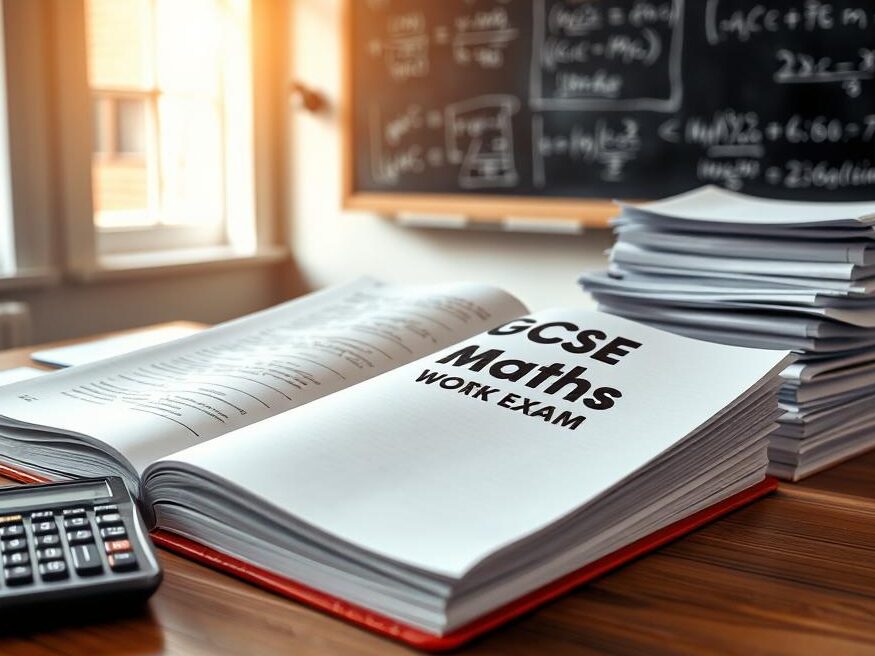
Common Mistakes Students Make During Mock Exams
- Treating mocks like a guess test: rushing through without genuine effort.
- Ignoring feedback: not analysing results to find patterns.
- Cramming instead of consistent practice.
- Skipping topics they dislike: which often become their downfall later.
- Not simulating real conditions: doing mocks with notes, calculators, or music playing.
Avoid these traps, and your mocks will become the single most valuable part of your preparation.
Using Mock Exams to Identify Weaknesses
Treat every mock exam as a learning opportunity. After completing it:
- Review incorrect answers carefully.
- Ask your teacher or use Mathzem’s explanations to understand mistakes.
- Note recurring problem types and focus on those topics.
How Many GCSE Maths Mock Exams Should You Take?
Ideally, you should take at least two full mock exams before your final GCSE maths paper:
- First mock: About 3 months before the exam to identify weaknesses.
- Second mock: Around 1 month before the exam to test improvement.
How to Analyse Your Mock Exam Results
Look beyond the total score. Break your paper down by topic—algebra, geometry, statistics, etc., and Measure which areas pull your grade down.
Mathzem’s free resources include mock exam analysis sheets that let you record your marks topic-by-topic to guide revision.
The Role of Time Management in Mock Exams
Time management is critical. Divide your time based on mark allocation.
Example:
- 5-mark questions → 5 minutes.
- 10-mark questions → 10 minutes.
Practising timing during mock exams helps you stay calm and avoid leaving questions blank.
Building Exam Confidence Through Practice
Every mock exam boosts your familiarity with question formats and grading styles. Repeated practice transforms anxiety into confidence because you’ll know what to expect.
Using Mathzem for Free GCSE Maths Mock Practice
Mathzem provides free GCSE maths mock exams, complete with video explanations, grading guides, and revision feedback.
It’s perfect for self-learners or students preparing for a reset—offering a structured way to measure progress over time.
Start your practice with Mathzem to experience realistic mock conditions and detailed performance tracking.
Creating a Mock Exam Revision Schedule
Integrate mock exams into your timetable:
| Week | Task | Goal |
|---|---|---|
| 1 | Take a full mock exam | Identify weak areas |
| 2–3 | Revise low-scoring topics | Improve accuracy |
| 4 | Take another mock | Measure progress |
| 5 | Final adjustments | Boost confidence |
Top Strategies to Improve Your Mock Exam Scores
- Revise topics where you lost marks.
- Time yourself strictly.
- Review mark schemes to understand examiner expectations.
- Simulate real conditions—no notes, no breaks.
- Use Mathzem’s guided feedback to refine your next attempt.
Why GCSE Maths Mocks Are a Predictor of Final Grades
Studies show that students’ mock grades often predict their actual exam results within one grade point. So, improving your mock performance directly impacts your real GCSE outcome.
Parental and Teacher Support for Mock Exams
Parents and teachers play a vital role. They can:
- Provide emotional encouragement.
- Help interpret feedback.
- Set realistic goals between mocks.
How to Stay Motivated After a Disappointing Mock
A poor result doesn’t mean failure, it means feedback. Use it as motivation.
Ask: What went wrong? What can I fix before the real exam?
With consistent effort and the right tools, your next result will be your best one.
Free GCSE Maths Mock Exams
Ready to test your skills? Take free GCSE maths mock exams on Mathzem today.
Access realistic papers, mark schemes, and progress tracking, all designed to help you pass with confidence.
Start practising now at Mathzem.com
Frequently Asked Questions
When should I take my GCSE maths mock exams?
Begin preparing around three months before your final exam to allow sufficient time for improvement.
How long do mocks last?
You’ll usually take three papers (two calculator and one non-calculator), each lasting 90 minutes
How can I improve my mock exam score?
Improve your weak areas with free mock exam resources from Mathzem.
Are mock exams the same as real exams?
They’re similar in format and timing, but they don’t directly affect your final grade.
Do mock exams help with exam stress?
Yes, familiarity reduces anxiety and builds confidence.
Where can I find free GCSE maths mock exams?
You can find them on Mathzem, complete with mark schemes and feedback tools.
What if my mock exam score is low?
Don’t panic, use it as feedback and a guide for focused revision.
Conclusion
GCSE maths mock exams are more than just practice—they’re your rehearsal for success.
By using mocks to identify weaknesses, build confidence, and refine your techniques, you’re setting yourself up for a strong performance in the final exam.
Start your journey today with Mathzem’s free mock exams and feedback resources—because practice makes progress, and progress leads to success.
